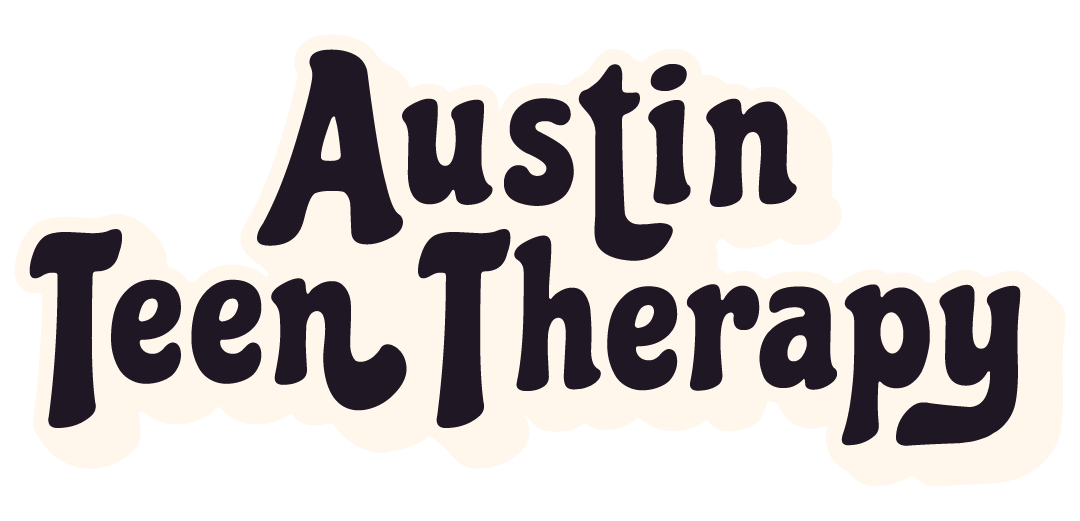Why you need therapy (even if you don’t need therapy)
blog post written by: Meredith Evett
Hot take: everyone should attend therapy. I know what you’re thinking: a therapist advocating for therapy - wooooow. Kinda feels like when your math teacher was so insistent about how often we’d all be using polynomials in “the real world,” right? But this is not just a professional spiel that I’m rattling off; I have this conversation A LOT with personal friends and family members, and have been spewing pieces of this argument at folks even before I became a therapist. I know every excuse in the book, and have developed rebuttals against each of them like I’m on some sort of high school speech and debate team. So without further ado, let me debunk some of the top reasons I hear for not going to therapy.
“I don’t like to talk about myself”
You don’t like to talk about yourself OR you’ve been taught not to talk too much about yourself? Your relationship with your therapist is one of the only relationships where it’s totally okay and appropriate to only talk about you. Y’know how in conversations with friends, you might be venting about your partner, and then that little voice in your head pops in to say, “You’re talking too much! It’s time to ask them how their dating life is going!”? You can tell that little voice to shut up in therapy, because the next 50 minutes are your time to talk all about you and only about you. Sure, you can ask your therapist how their weekend was if you genuinely want to know, but you’re not expected to support them in the way that they’re supporting you. In a conversation like this outside of therapy, you might be accused of self-centeredness or trauma dumping, but in therapy, this is how it’s supposed to go. There’s something really freeing about taking up that space and relieving yourself of the typical two-sided give-and-take relationship.
2. “I don’t need a therapist. I just talk to my best friend. And I follow that therapist on TikTok.”
Love that for you. Really! I love that you have a friend/partner/family member/coworker/teacher/whatever that you feel so comfortable opening up to. ANDDDD they’re not your therapist. Therapists are professionally trained to build rapport, challenge cognitive distortions, process trauma, build motivation, identify protective factors, and a whole bunch of other therapist things! A therapist is different from a friend or parent or teacher or coach, although there might be pieces of each of those roles within the therapist role. A therapist also has such a uniquely outsider/insider perspective. You only see them for maybe 50 minutes/week and they don’t really know the other important people in your life beyond what you share about them. From this vantage point, a therapist is able to provide a perspective that is truly centered around you and your needs - not your mom’s opinions or your brother’s needs or your boss’s goals.
Let’s pause here for my rant on social media therapists: when done responsibly and intentionally, social media “therapy” can be great initial exposure to the therapy world. It makes some pieces of therapy more easily accessible and less stigmatized. Buuuut there’s just no way to compare it to the full therapeutic experience: the one-on-one relationship, real-time conversation, and personal connections. Talk to your IRL therapist about the therapist you saw on TikTok!
3. “There was that one thing that happened, but it’s over now. I’m fine.”
👀 Okay, I’m gonna give you the benefit of the doubt here; maybe you are fine. And maybe it’s okay to go to therapy even if things feel “fine.” You don’t always have to be in crisis mode to benefit from therapy, and some of the deepest work and biggest breakthroughs can happen in those moments of “calm” between crises. So many of us have been holding it all together for so long, and just because you carry it so well doesn’t mean that it isn’t heavy. Therapy can be the 50 minutes/week where you don’t need to hold it all together. You can cry if you need to, vent and get angry, and just be the messy human that inherently we all are.
Even if you have the healthiest relationships, most effective self-care, and top-tier mental health (in which case, wow, I want to be you), the world is hard right now. Between systemic oppression, climate change, political turmoil, economic instability, and generational trauma, we’re all going through it. Therapy can be the space and outlet you need to process the mess of a world that we’ve inherited. Thanks Boomers.
It would be totally ignorant of me to wrap up this post without naming the huge financial barrier that prevents some folks from accessing therapy. Like I mentioned above, our world and our systems are lowkey broken right now, and although quality mental health care should be a basic human right, it’s not yet totally accessible for everyone. I don’t have all of the answers to this systemic issue, but if you’re finding yourself in this situation, you might start by finding a therapist that’s covered by your insurance, looking into community resources, and/or reaching out to therapists to ask about sliding scale rates.
Take care of yourselves.

